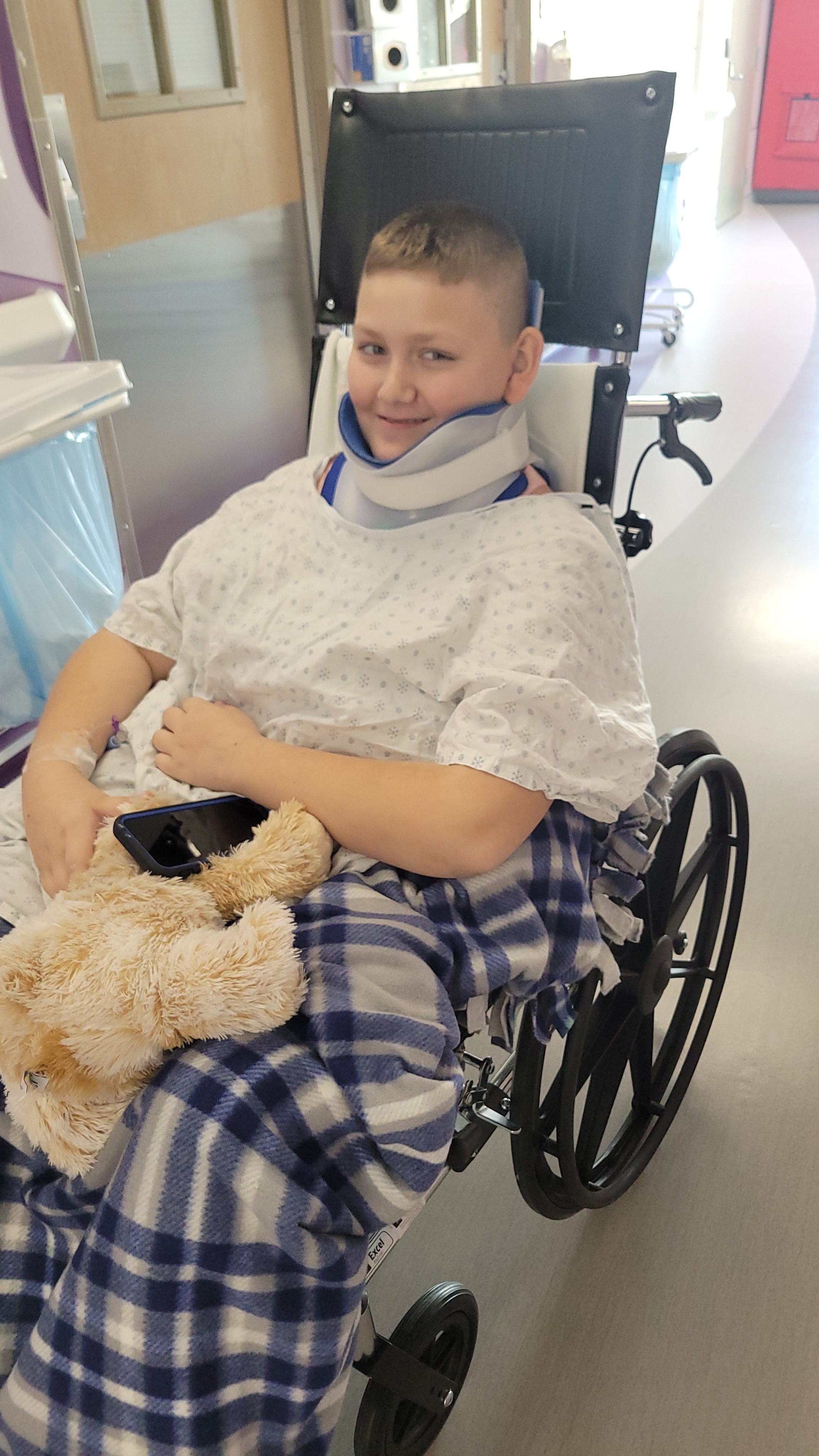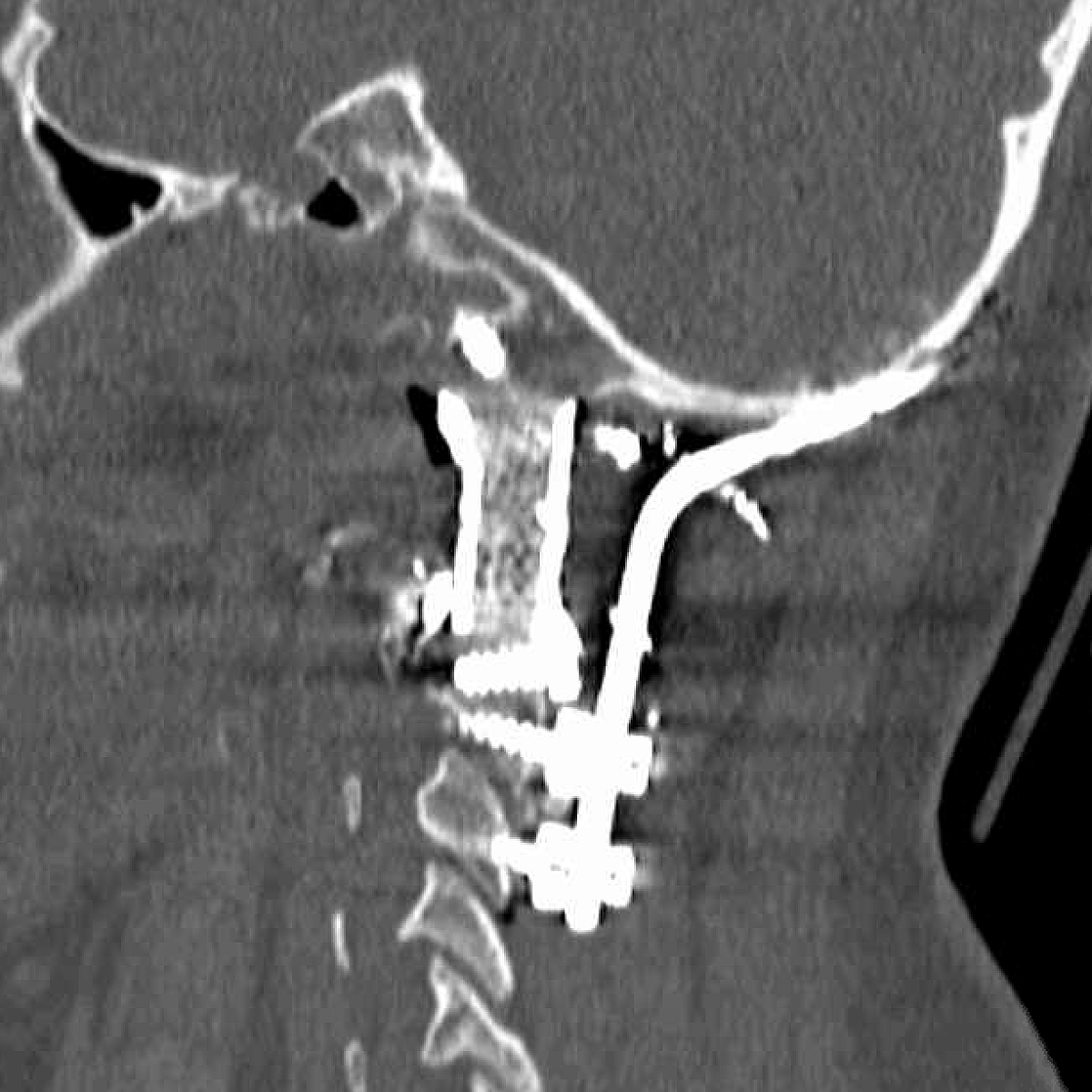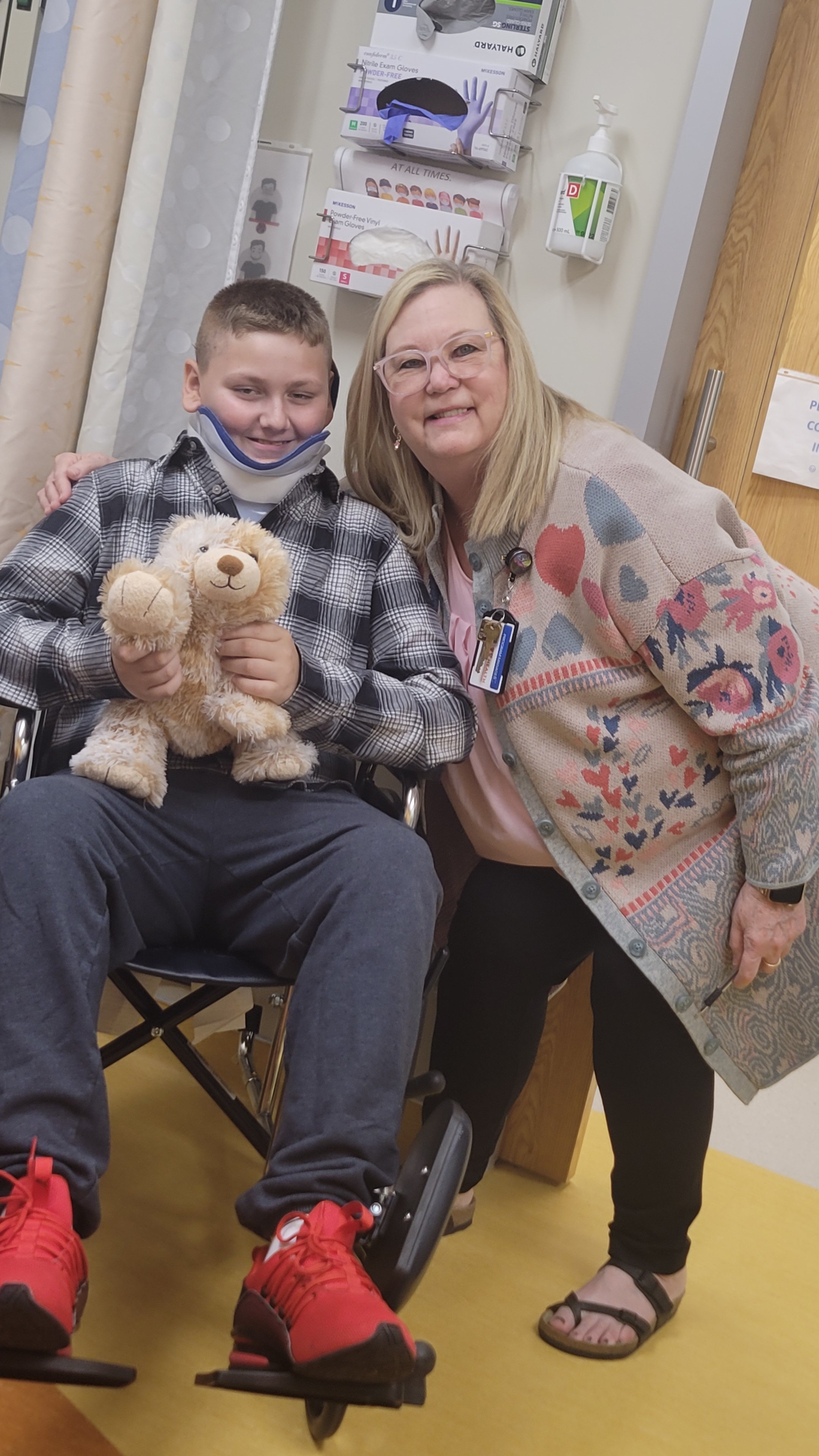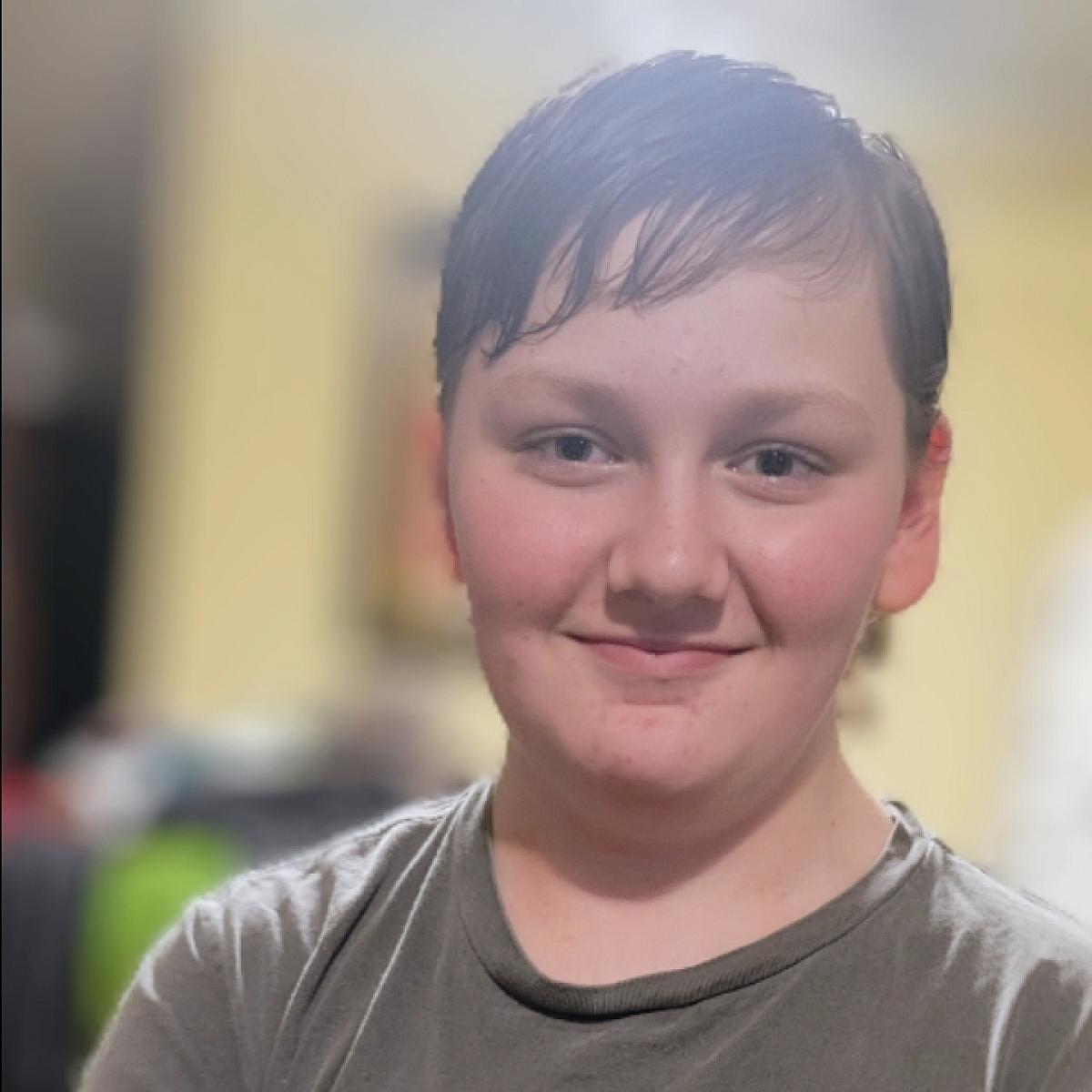In early 2023, 10-year-old Anthony Wharton and his sister were playing together on a trampoline when they collided painfully.
For the first few days afterward, everything seemed normal. Anthony was feeling some extra pain and soreness that his sister never experienced, which was written off by the family doctor as growing pains. Instead of getting better though, Anthony's condition quickly deteriorated.

Before the collision, Anthony was active and happy: he loved fishing and playing outdoors, enjoyed school, and was the picture of a typical ten-year-old. After the collision, just raising his arms above his head was painful. He was given doctor's notes that excused him from recess and physical education classes at school, and soon he was no longer able to dress himself or even sleep without excruciating pain.
By that point, Tabitha, Anthony's mother, knew something much more serious than regular growing pains was going on. "He was distraught and demoralized," she said, "he couldn't be a normal kid anymore. He missed fishing but he couldn't even cast a reel. It felt like his whole life had to be put on hold." So she took him to the ER in Richmond, Virginia near their home.
The pediatrician in the ER fought to perform an MRI when Tabitha's insurance wouldn't cover it, and then the results kept the family in the hospital for over 10 days as doctors tried to determine what they were seeing. Douglas Brockmeyer, MD, a pediatric neurosurgeon specializing in spine, skull base, and tumor surgeries at University of Utah Health and Primary Children's Hospital, was asked by doctors in Virginia to consult on Anthony's case. Together they determined that a tumor was growing inward, pushing on Anthony's spinal cord, and had disconnected his skull from his spine. For months they didn't even know whether the growth was cancerous or benign.

"It's a scary and helpless feeling," Tabitha shared. Her best advice for those struggling in a similar situation is to "be patient with everyone but be firm and stand up for your child. Make sure you find the best doctor for your situation, and ask the doctor if they feel comfortable or if there's someone else who would be better equipped. You are your child's greatest advocate."
And advocate Tabitha did. When doctors in Virginia struggled to fully remove the tumor despite performing 3 surgeries within the space of a few months, and when scans showed tumor growth of over 25%, Tabitha turned to Dr. Brockmeyer. "Our doctor and the nurses in Richmond are absolutely incredible, and we're a lot closer to New York or Washington DC, where they have great hospitals that could have taken good care of Anthony," Tabitha said, "but Dr. Brockmeyer was the right person to help us in the situation. I had spoken to him several times and he was so confident in what he could do. It was the first time in months I didn't feel so scared about the future, and I knew I wouldn't feel the same reassurance with anyone else."
Dr. Brockmeyer knew that the tumor had to be removed as soon as possible, and he was sure that he could take a nontraditional route by blocking off the main artery in Anthony's neck. In preparation for the surgery, U of U Health and DeGen Medical facilitated the creation of a custom spacer to fit Anthony and fill the space below the skull where the tumor had caused Anthony's spine to dissolve.
"I've been doing this for 30 years," Dr. Brockmeyer said, "but even 5 years ago this surgery wouldn't have been possible. The practice has evolved enough that procedures like this are now possible, and the

improvements in technology and medicine give patients a greater sense of confidence that this can be done successfully and with exceptional results."
Finally, in early October, the family flew out to Utah for the procedure. Tabitha said she was touched when, after the family's flight was delayed, Dr. Brockmeyer stayed late to meet the family and walk them through what would happen during the procedure the very next morning.
After the surgery, Anthony struggled initially with keeping still and getting much needed rest, but every other part of the family's experience at Primary Children's was beyond what they expected, and Anthony began to recover rapidly.
When they flew out to Utah, Tabitha was told that Anthony would need at least 4 weeks in the hospital to recover, which meant that he would miss one of his sisters' birthday and his other sister's first Homecoming Dance. Instead, Anthony surprised everyone by recovering quickly enough that the family was on their way home a week after the surgery. He was even well enough to pull the piñata strings at his sister's birthday party.

All of the frustration and heartache was suddenly over. "He's better than I'm ready for," Tabitha says. She often has to warn Anthony to take things easy and to be careful, but she didn't even fill his prescription for pain medication after the procedure because he never needed it. Anthony has recovered so well that, 6 months later, he's practically back to being a normal kid. And just two days before his 11th birthday, he finally had his neck brace removed.
For Tabitha, "it feels like, after months of stress and worry, we can finally breathe again."

A gofundme account has been set up to help the family with Anthony's medical bills.